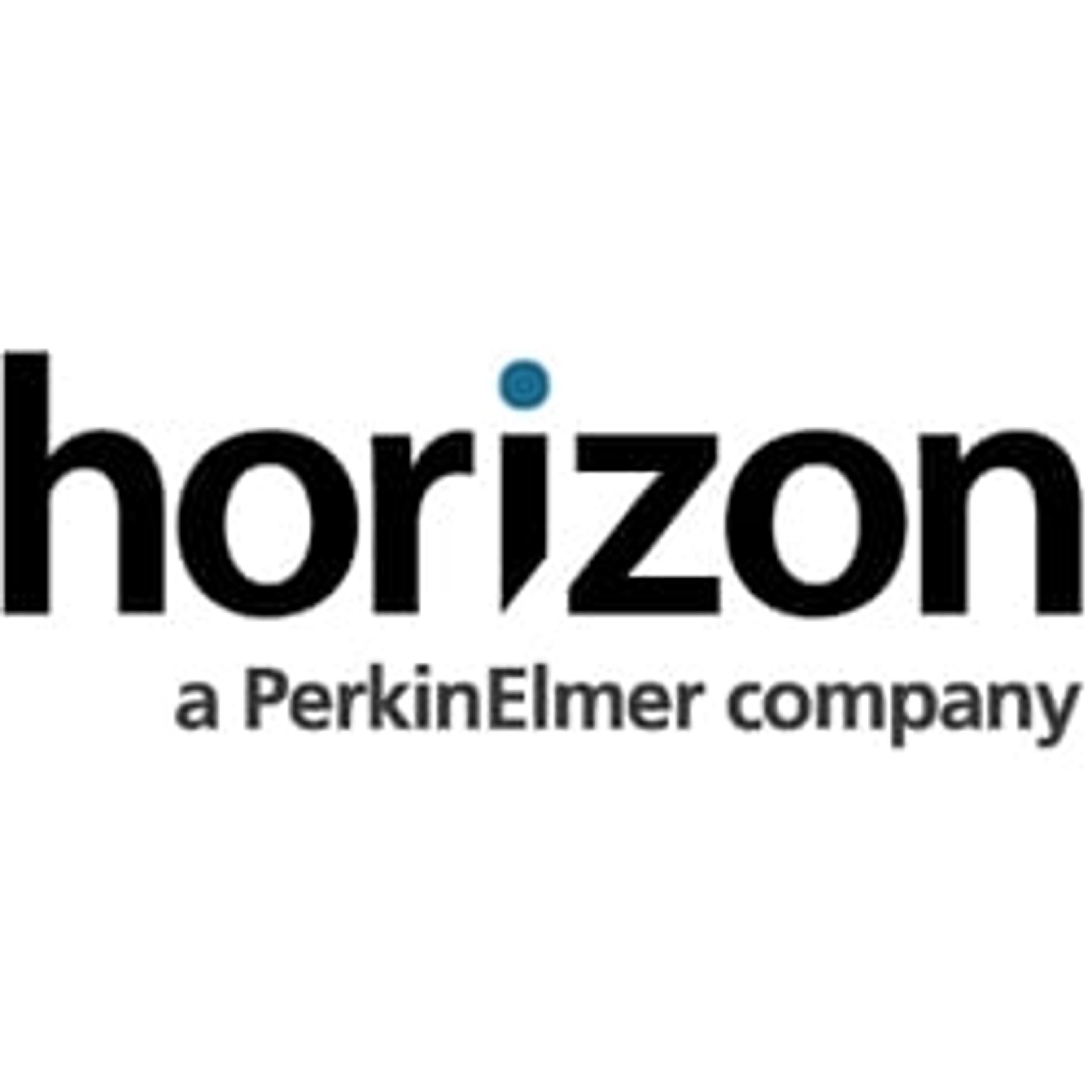Horizon Discovery extends CRISPR Screening Service to Primary Human T cells
Extended screening service offers novel capabilities for immuno-oncology research in ex vivo T lymphocytes
21 Jan 2019
Horizon Discovery Group plc, a global leader in gene editing and gene modulation technologies, today announced the extension of its CRISPR Screening Service to include ex vivo T lymphocytes. The service extension meets the requirements of immunology-based research in drug discovery, enabling new gene targets to be identified in biologically and potentially therapeutically relevant settings.
CRISPR screens in primary T lymphocytes have proved challenging, owing to complex issues around the introduction of the screening components and Cas9 in particular. Horizon has adapted its established CRISPRko (knockout) platform to address these issues and to deliver a robust screening platform in human T lymphocytes, which will enable complex biological processes, novel targets and more effective drug therapies to be investigated in a therapeutically relevant cell type.
Horizon has added CRISPRko screens in ex vivo T lymphocytes to its established CRISPR screening formats – CRISPRko, CRISPRi (interference) and CRISPRa (activation) – in cancer cell lines. The Company’s extension of its CRISPRko Screening Service strengthens its existing immuno-oncology platform and reinforces its commitment to supporting researchers working in this rapidly growing field of research.
Terry Pizzie, Chief Executive Officer, Horizon Discovery Group, commented: “The successful demonstration of primary human T cells in Horizon’s CRISPR screening platforms is a breakthrough format for our clients working in the immuno-oncology space; enabling them to find gene targets and potential therapeutic avenues in an immediately biologically relevant setting rather than having to work through surrogate cell lines. We expect that this approach will allow our customers to save considerable time and resources in downstream validation, helping them to get therapeutics to the clinic faster.”
Visit the SelectScience Life Sciences Community for more news, content and resources >>

